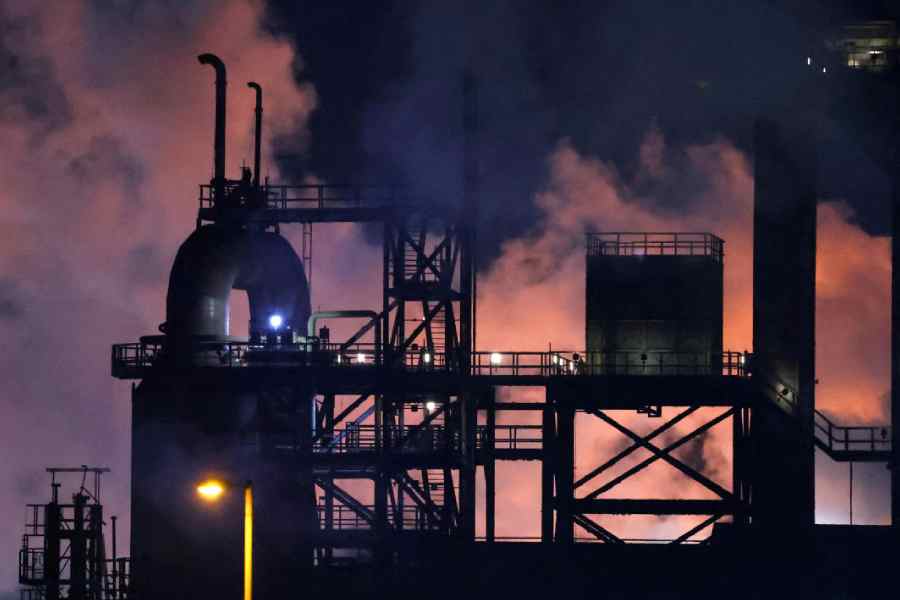A steelworkers’ union has announced plans to proceed with industrial action of around 1,500 Tata Steel employees based at Port Talbot and Newport Llanwern in Wales in protest against the Mumbai-headquartered company’s job cuts associated with the closure of old blast furnaces.
Unite the Union said on Thursday that its workers will begin “working to rule” as well as taking part in a continuous overtime ban from June 18 to “severely disrupt and delay” the company’s operations and order book unless the company rows back on the closure.
It is calling for the Indian steel major to halt its plans until the July 4 UK general election, when it expects the UK’s Conservative Party-led government will make way for the opposition Labour Party.
“Tata’s disastrous deal with the current government would only see its other overseas operations take advantage of the coming boom in green steel at the expense of South Wales,” said Unite general-secretary Sharon Graham. “Now that we will have a new government in July, Tata can no longer ignore Labour’s call to wait for the £3 billion UK Steel Investment Fund, a commitment secured by Unite.”
Tata Steel said it was “naturally disappointed” with the move and reiterated its concerns around the ballot.
“We have written to Unite Union twice during the ballot process, and again this week, to notify them of significant irregularities in the ballot process they have undertaken. We will continue to review and consider our legal next steps,” said a Tata Steel spokesperson.
It follows Tata Steel’s decision in April to proceed with the closure of two old blast furnaces as part of a £1.25-billion investment to transition to a state-of-the-art Electric Arc Furnace at its Port Talbot steelworks in Wales.
Since the plan was announced earlier this year, the company said it had held seven months of formal and informal discussions with the UK trade unions about the major transformation which preserves 5,000 jobs and secures future steel supplies.
The Tata Steel spokesperson added: “While the £ 1.25 billion commitment with the UK government will ensure a long-term viable future for low-CO2 steelmaking in the UK, our current business is unsustainable, today reporting losses of £364 million in 2023/4 and more than £1 million a day.”
“By restructuring our UK operations we will be able to sustain the business as we transition to new electric arc furnace technology.”
PTI











